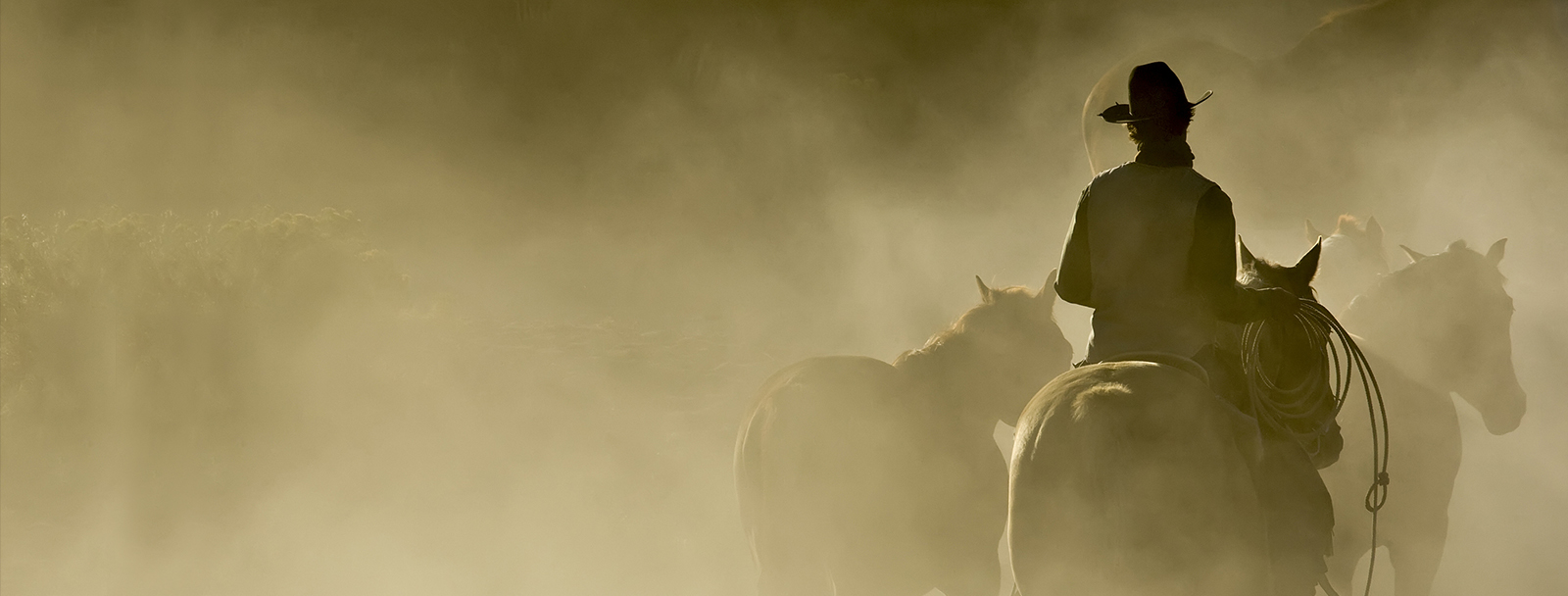This week, let’s take a trip into the writer’s mind to see how a story evolves from idea to completed book. I can only speak for my mind. I don’t how other writers’ minds work. Sometimes, I’m not even sure how my mind works or, some would say, if it works.
 I’ve shared previously that the idea for Journey to Riverbend began with an image of a man standing on a ridge looking down at a small town. The question that started the whole thing: Why is he standing there?
I’ve shared previously that the idea for Journey to Riverbend began with an image of a man standing on a ridge looking down at a small town. The question that started the whole thing: Why is he standing there?
This was the seed from which the novel grew.
He was standing there because he had made a promise and he had reached the point of keeping it.
As I pondered this over time, it became clear that this was a story I had to write. There weren’t trumpets in the sky or burning bushes. An audible voice didn’t speak from the clouds. It was a simple knowing in my heart, a stirring that wouldn’t go away, that God wanted me to write this story.
At first, I didn’t have a clue about what I was doing. No training beyond college English courses which felt like I had taken them when Chaucer was still alive. A voracious reader, but I didn’t pay attention to how the novels I enjoyed were crafted. So I plunged in and wallowed for several years. Every six months or so, I’d look at what I’d written—the first chapter—and tinker with it, never going beyond it.
Finally, after the Lord got on me once again, I got serious about it. Read books and magazines on the craft, attended conferences, took online courses through the Christian Writers Guild, joined local and online critique groups.
Slowly, the story took shape. Michael and Rachel became real people with real stories. Sam became a full person with hidden hopes and dreams. Even Maria, the kidnapper, showed a soft side, her love for her father and her husband.
The minor characters came onstage and left their mark. Deputy O’Brien, Mayor Meriwether, and the rest.
Riverbend took shape as a community, not just a place. The terrain the posse traveled became a character, challenging the men as they risked their lives.
they risked their lives.
And God’s hand wove into the writing the themes He wanted: restoration and reconciliation and self-forgiveness.
Journey to Riverbend sits on my shelf, a physical manifestation of the dream He planted so many years ago. The culmination of a journey that told the story He wanted told, that represented a personal journey of self-discovery and growth and the working of the themes in the story in my own life.
Think about what God has called you to do and realize that, behind the scenes, He is working to bring us where He wants us to be. Trust Him and take that first step.

It’s interesting to peek into your head. And it’s encouraging to me as I write. Thanks for sharing!
Great post, Henry. I always enjoy seeing another writer’s journey.
Very inspiring, Henry. And you cracked me up with the Chaucer comment.
Thanks for making me smile.
You’re welcome, V.V. Sometimes peeking into my head is like opening the door to the garage that’s so cluttered and croweded, you can’t even fit a bicycle, neve mind a car. But the space reserved for writing always seems to clear up just when I need it.
Thanks, Stephenia. Sharing the journey with other writers reminds me we’re not alone. Strange, maybe, but not alone.
You’re welcome, Julie.
Thanks for being such a faithful reader and commenter.
I really appreciate it.